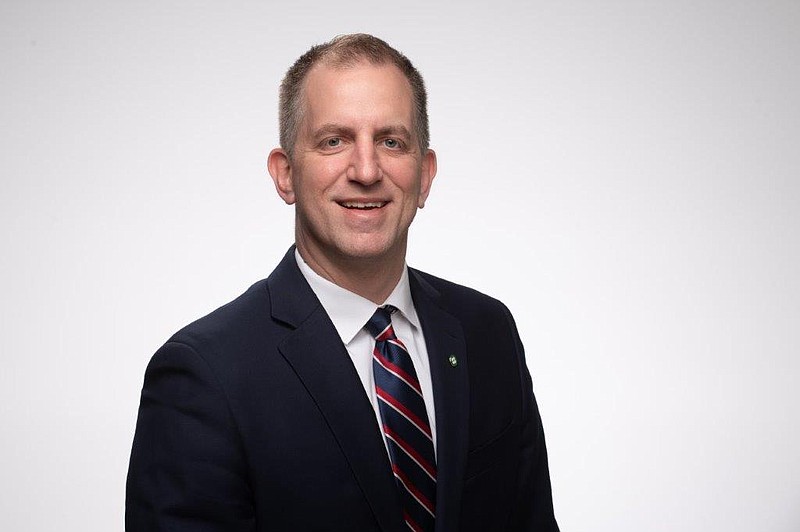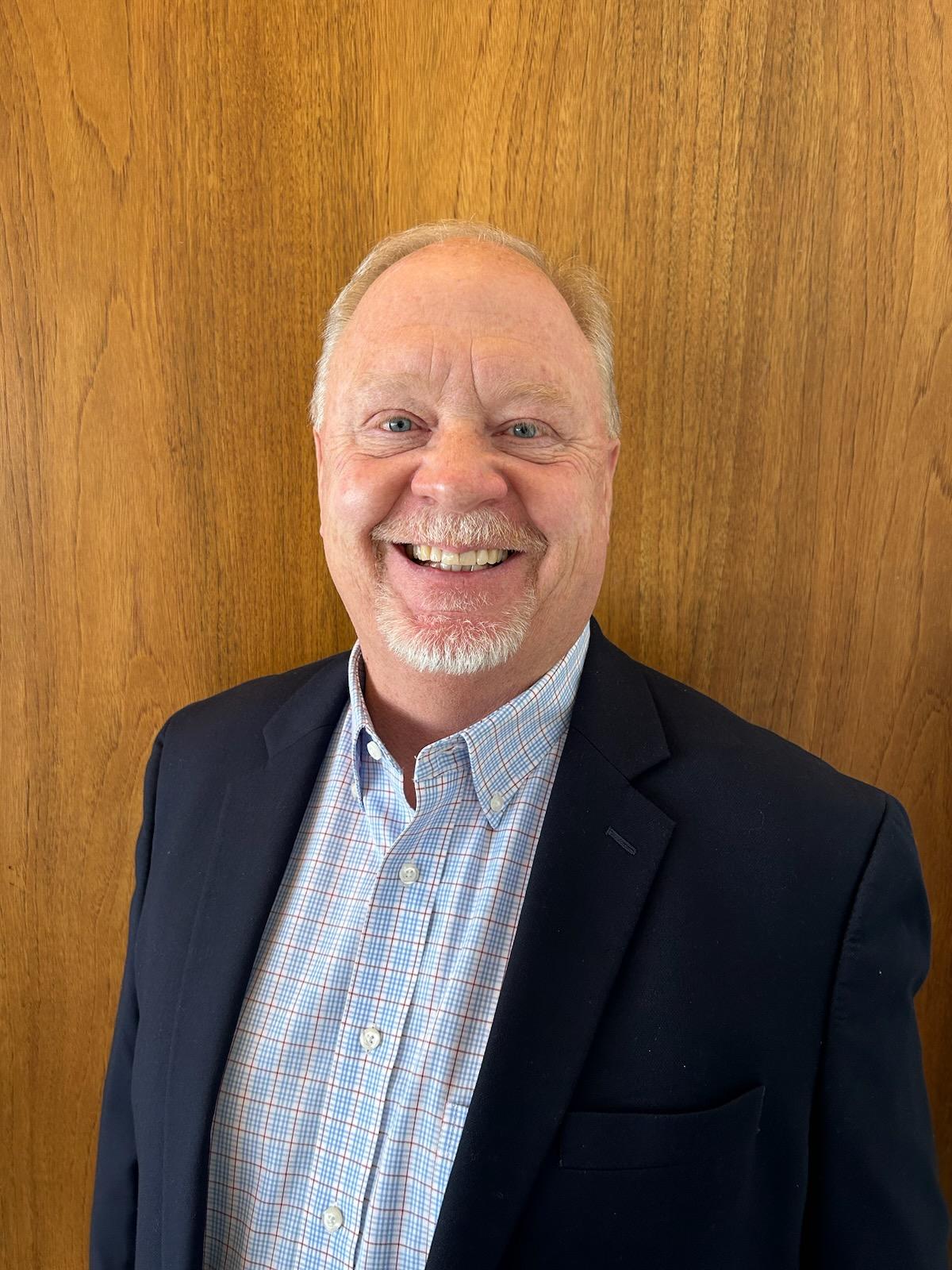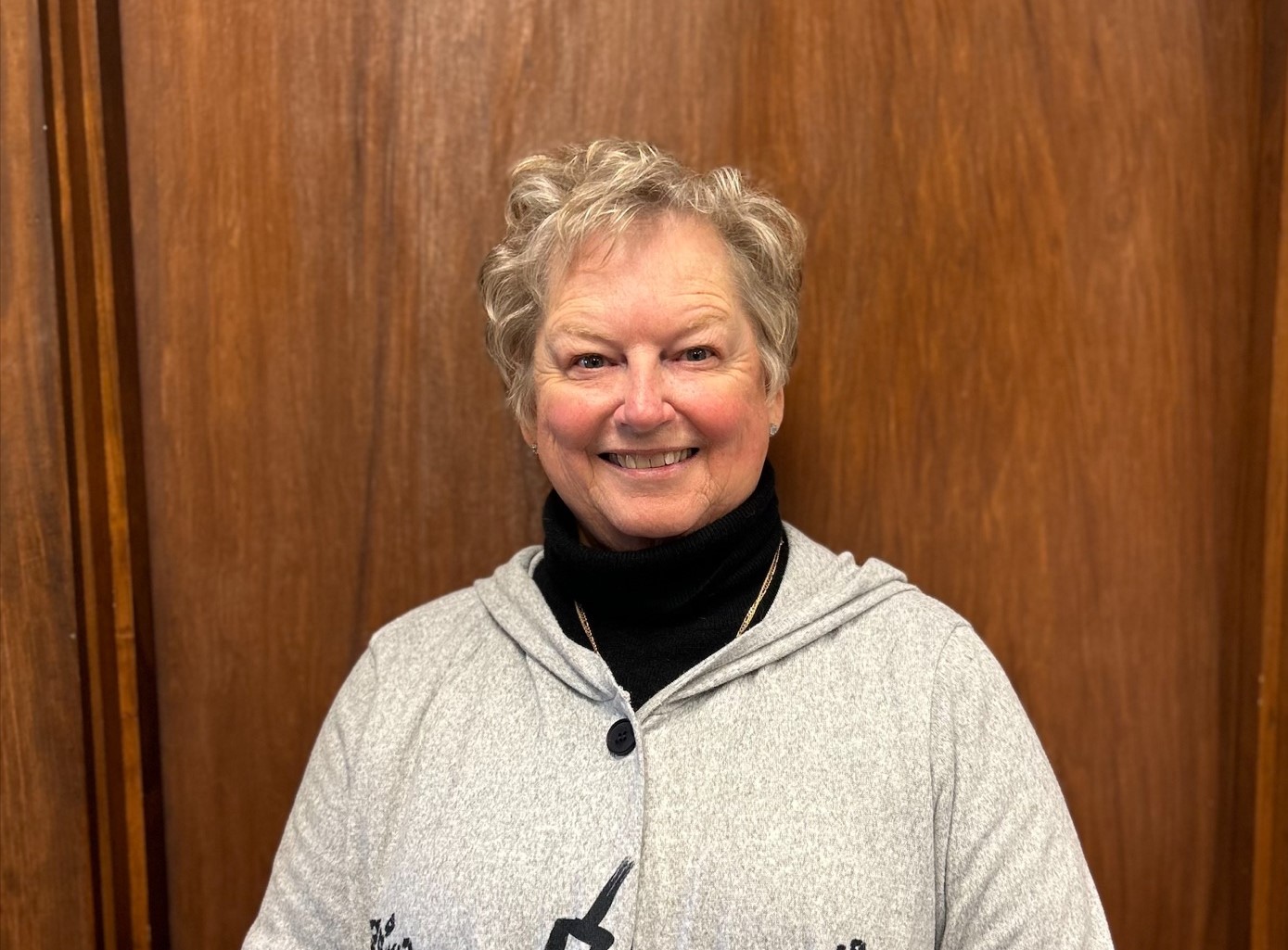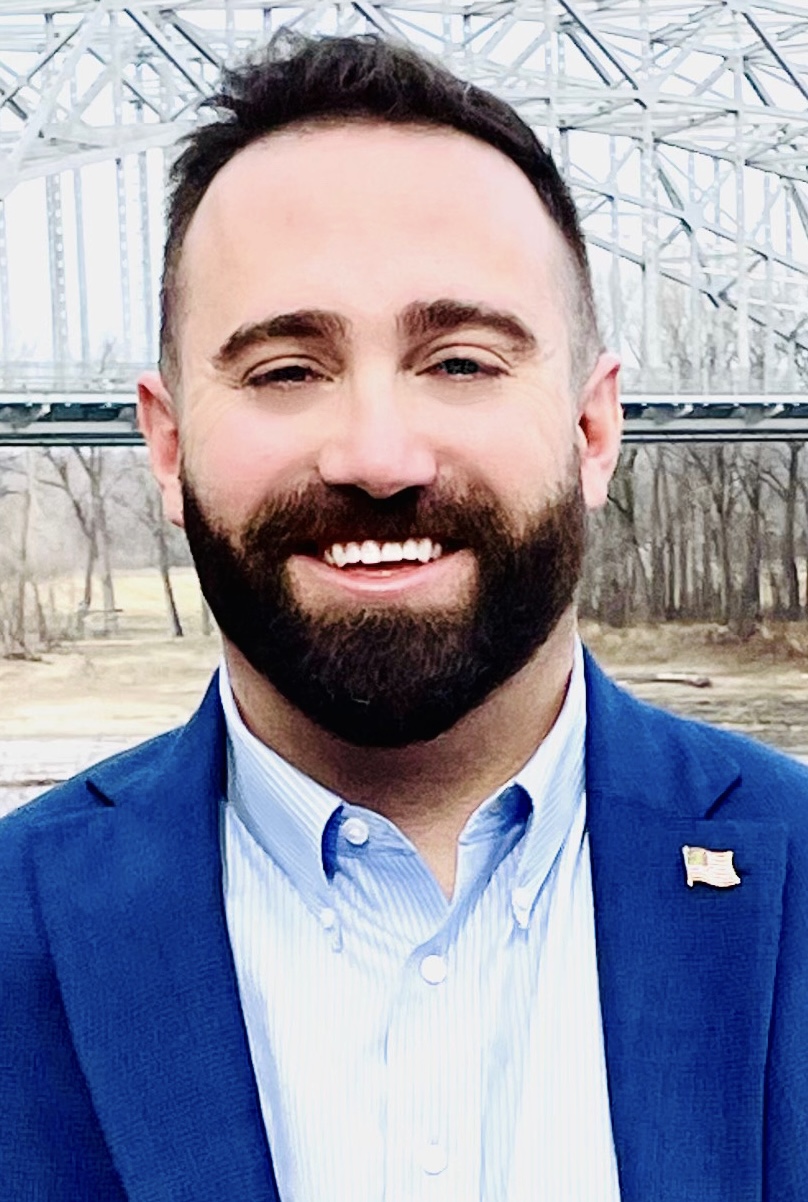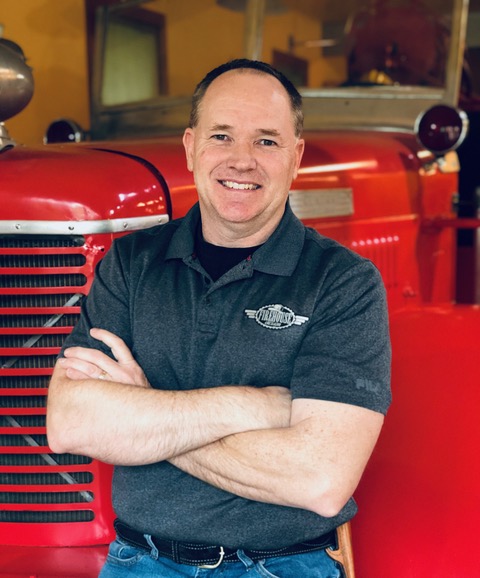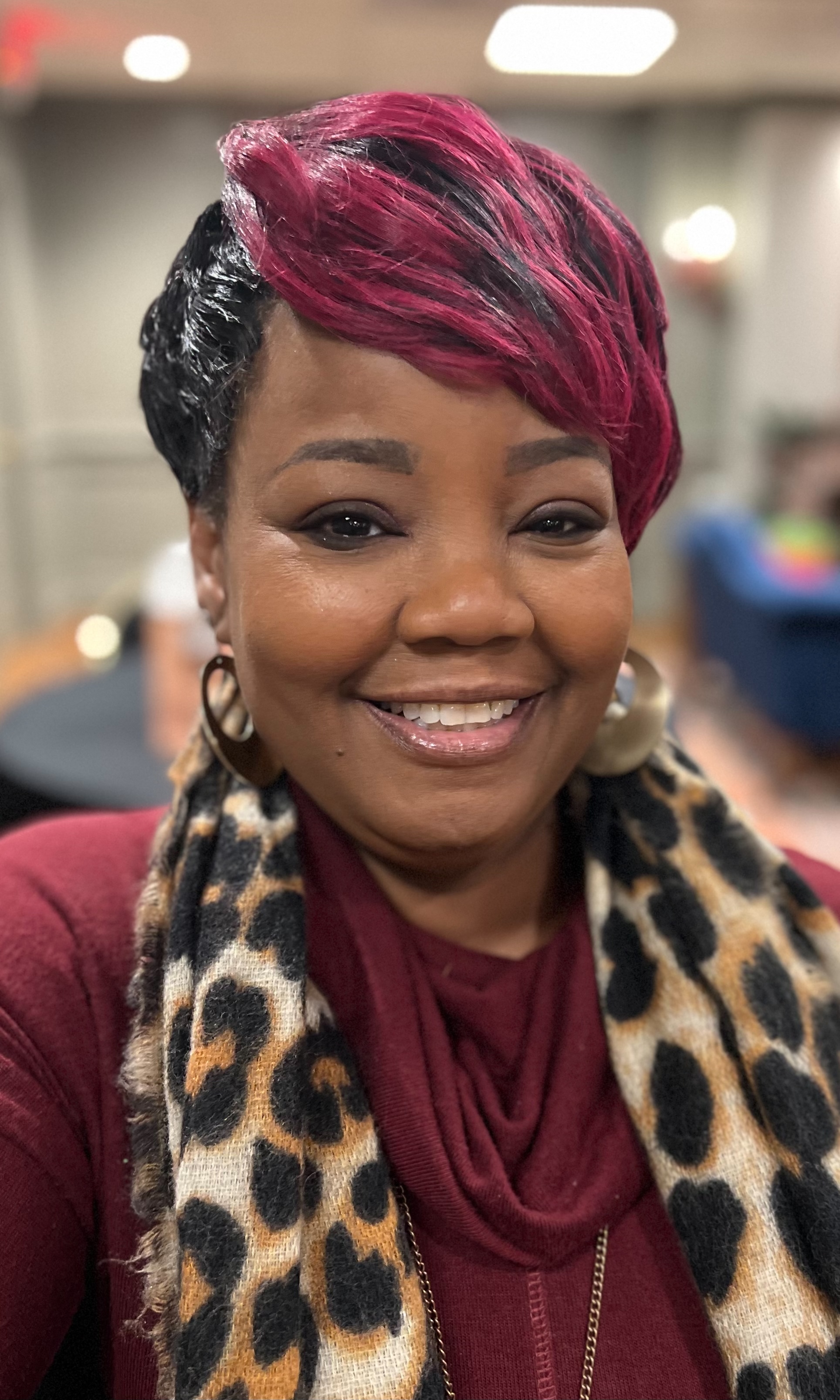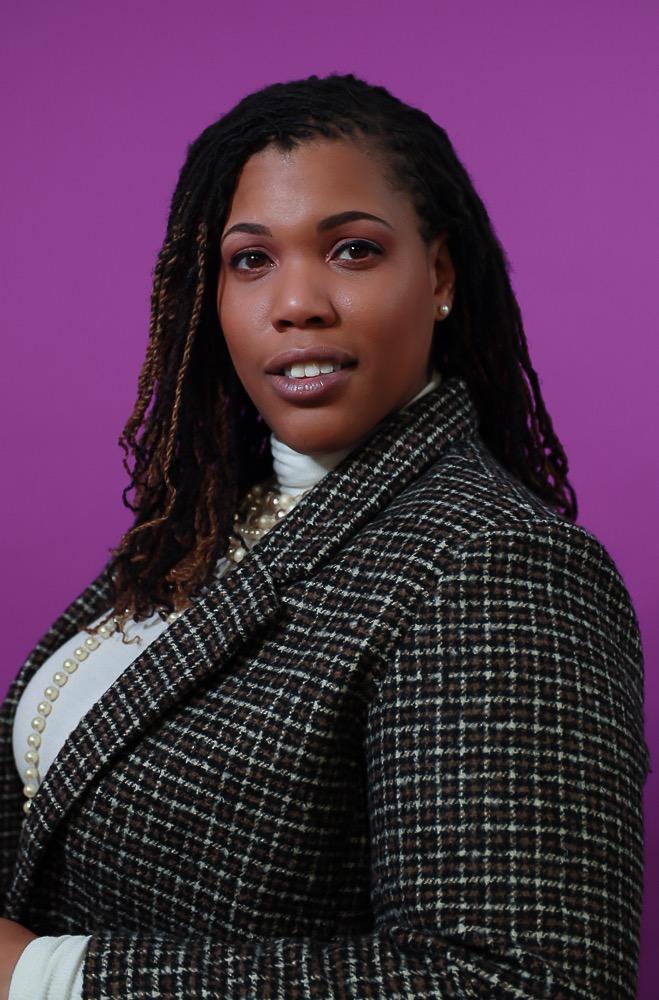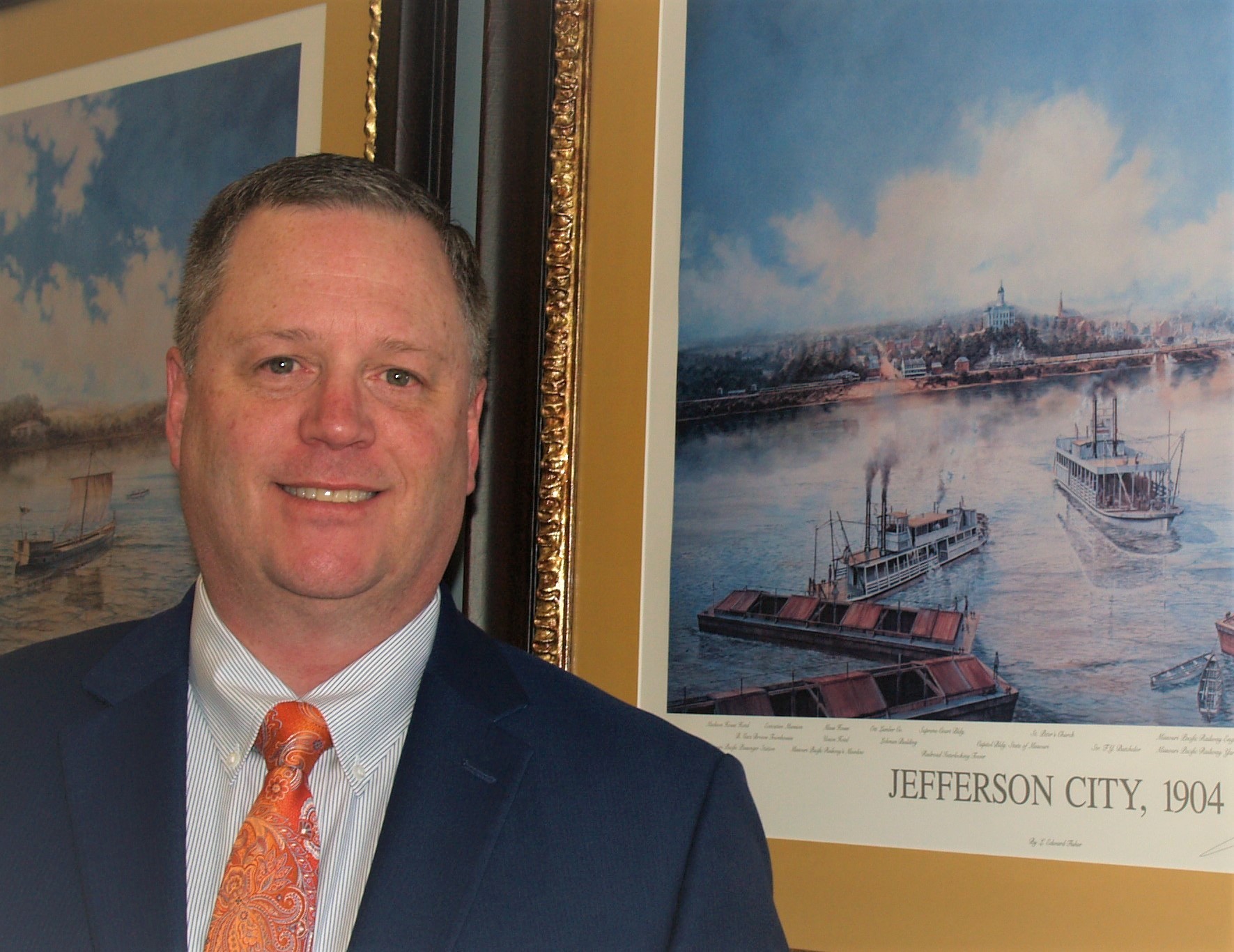Candidates for City Council addressed the election process, safety, equality and equity, and local hiring practices in a round of questions from the News Tribune this week.
Eight candidates are vying for contested council seats in the April 4 election: Ward 1 incumbent David Kemna and challenger Jeff Ahlers; Ward 2 candidates Edith Vogel and Aaron Mealy; Ward 3 incumbent Scott Spencer and challenger Treaka Young; and Ward 5 candidates Alicia Edwards and Mark Schwartz.
The following answers are verbatim except for edits for grammar and spelling.
Last December, a number of council members used city-issued key cards to access City Hall in the middle of the night to be first in line to file for the April election and ensure their names would appear first on the ballot. Would you support adopting a new process to determine how names appear on the ballot?
Kemna: I am not opposed to a new process to determine how names appear; I feel a candidate should be elected based on their merit and how well the voters feel they will represent them and not based on where they appear on a ballot. As long as they sign up the first day of filing to run for that particular position is fair but until that occurs, you're still going to have those seeking to gain the advantage by being first in line.
Ahlers: I asked those involved about that day, and they had asked the city clerk if they and anyone else who was there if it was all right if they could wait in the City Hall to get out of the weather. The city clerk agreed, the people there said anyone who would have been there in line were welcomed in and maintained their spot in line. The News Tribune didn't report that part of the story and so a big misrepresentation occurred. I have no problem with whatever the next council wants to do here, standing in line or the lottery system.
Vogel: Yes, since no rules were in place, it is my understanding from present council members the city clerk was responsible for granting permission for the way they choose to wait for applications for their prospective seat. Following state statue would also be appropriate.
Mealy: Elections must be fair. Personally, I would not take advantage of the current system to gain an edge, but I would also support any new process that provides a fair result for all candidates.
Spencer: As I have knocked on over 1,100 doors running for re-election, this issue has not been raised by a single citizen I have talked with. They want to focus on issues such as how are we going to fund an aggressive maintenance and repair program for our streets, sidewalks and other infrastructure. How are we going to grow this city in a responsible and manageable way? How we are going to keep well-trained police officers, 911 dispatchers and firefighters ready to respond to the needs of this community?
Young: I would most definitely support adopting a new process to determine how names would appear on the ballot. Statistically it has been proven that the order in which names appear upon the ballot does provide an advantage for the person who appears first. I would want to see a set timeframe and deadline for candidates to submit applications then followed up with a lottery drawing of names to determine order of appearance.
Edwards: Although others might find it important to be first, I never really cared where my name appeared on the ballot. I hope that people vote based on my character, values and the work I have done within the community, seeing the potential I bring to the council. I believe that everyone running should have a sense of integrity and not abuse the privileges of their current positions. Since there is an integrity issue, yes I will support adopting a new process.
Schwartz: I believe that this is one of the furthest things from the minds of every day Jeff Citians. Crime reduction, recruitment of high-paying jobs and vehicle damaging potholes across the city seem to be more in line with topics our citizens care about. However, to answer the question, our policy has been working for a long time, and the policy the state uses works as well. I would be open to listening to the discussion but spending council time on this seems unproductive and unnecessary.
What role should the council play in making decisions and adopting policies to help reduce the root causes of crime in our community?
Kemna: I believe our public safety does a pretty good job of being proactive to help reduce the root causes of crime in our community. There are always ways to improve on this and that could go anywhere from additional training, communication programs such as ride-along programs, increased neighborhood watch programs and community task forces. Emphasizing better lighting in certain areas and trying to implement more cameras on city property such as parking areas, parks and buildings. Having neighborhoods build a better rapport with our public safety staff is a major step in reducing crime in our community.
Ahlers: Drugs and alcoholism, from what I read, are the causes for the majority of crime. An earlier city judge and the community with the help of nonprofits tried and introduced an approach to help with drug courts and different sentencing policies. Catholic Charities and others are reaching out with shelter and food. Maybe making it a priority to develop the city hub of vacant lots with houses and or apartments will help.
Vogel: Root cause of crime in our community is the responsibility of the private citizen. Their actions if criminal fall to their personal responsibility. The council's responsibility is to place ordinances on the book within state statutes to give due punishment after due process through the judicial system.
Mealy: Crime in our community can grow when buildings are left vacated, neglected or abandoned. Code enforcement is crucial for providing a safe community and reducing crime. Council should support and enhance our laws to reduce the amount of vacated and abandoned properties and hold those accountable that let their properties fall into disrepair.
Spencer: The council should be a part of all discussions relating to policy changes, regardless of the city department that will be impacted. Code enforcement plays a role with public safety. They protect neighborhoods from neglected properties that can become a haven for illegal activity. We need to equip our residents with proactive tips and tools to deter crime, but more importantly, our code enforcement staff needs to be able to intervene on behalf of neighborhoods before the situation gets severe.
Young: Additional training to police on issues such as mental health would be a start. Crisis Intervention Training has proven to be a beneficial resource for police officers. It also provides them with an effective well thought-out protocol plan that would ensure the safely of the citizens involved and the officer.
Edwards: There is always room for improvement in our city, but I believe our police and fire departments are doing wonderful in adapting to new procedures that have been recently established, like JCPD creating a mental health crisis division partnered with mental health professionals. Since the root causes of most crimes are due to the lack of resources, drug abuse or mental health issues, as a council member I would look into ways we can address these issues. I would like to work on ways to stop over-policing in low-income areas of our city to help remove the stigma associated with police. I think public safety would be most effective working with community-based organizations to effectively serve the citizens.
Schwartz: I believe the main reason for increases of crime in communities across this country is the degradation of family and the family support structure that is fundamental to the rearing of youth to be responsible contributors to society. I also understand that socioeconomic issues can lead people into feeling that crime is the only answer to a means of living. However, over the previous few years, policies introduced by the state have increased funding for Medicaid, increased funding for childcare and increased funding for mental health treatment. These are just a few of many programs aimed to improve quality of life, grant access to needed services and engage individuals to participate in the employment sector; all of which target root causes of crime. In addition to supporting our police and fire departments, our council needs to create an environment where businesses and professionals can grow and thrive in this community. Creating an environment where these already established state programs can be fully implemented and flourish; and where private organizations, churches, and community members can continue to do their own innovative outreach to target the root causes of crime should be the goal of the council.
What is your definition of equality and equity? Do you believe in those terms when it comes to services the city provides its residents?
Kemna: Equality -- Each person is given the same equal opportunity. Equity -- Each person is given the same fair treatment. I feel the city is improving, You've seen improvements within our parks throughout the city commissions dedicated to focusing on equality. We've had several opportunities recently for community engagement on topics, I feel we could do a better job of marketing and being more proactive to seek input from the community. We also need to make sure our boards and commissions are allowing for equal and fair representation.
Ahlers: Equality for all to participate in elections, live where you want, shop, eat, drink and live your life is for all, and I believe Jeff City has that living here. I believe the same thing in equity.
Vogel: Quick glance at the dictionary tells it plainly that the definition of equality and equity. With my search, it explains that equity is trying to involve understanding and give the people what they need to enjoy full and healthy lives. Whereas equality is aiming to ensure that everyone gets those same things for them to get enjoy their full and healthy lives. Equality also is aiming to promote justice and fairness, but this can only work if everyone starts from the same place and needs the same things. I believe that these terms are often over exaggerated in today's world and society. I like the expression. "We are all God's children."
Mealy: Equality is the equal treatment of all, especially in rights. Equity recognizes that each person has different circumstances and allocates appropriate resources to reach healthy outcomes. I believe in equal rights and representation for all citizens, and I am willing to put in the work to ensure equal access to city services for all residents.
Spencer: Equality means to me that we do not discriminate based on race, sex, religion or economic status. Jefferson City should always strive to provide equal services and operations to its residents. Equity means to elevate people to the same level. While some services can be increased to meet vital needs, complete equity is unattainable and not the role of government. Questions like this are usually intended to be divisive, and I have no desire to promote division in our community.
Young: Equality to me means same treatment to all regardless of race, creed, color or social economic status. While equity means fair and respectful treatment of all humans while recognizing the obligation to provide safe spaces and barrier-free environments. Equity involves the reduction of disparities and ensures everyone has barrier-free access to opportunities and resources that meets those individualized needs. It is important to ensure fairness and equality for all citizens.
Edwards: Equality and equity to me means, an equal opportunity to be successful in whatever endeavors, without barriers because of races, religion or creed, political views or gender. I believe the city does well at making sure they practice it when it comes to serving the community, however I don't think our council or city staff represents it well. I have lived in Jefferson City all my life, and have not seen a diverse staff that looks like our beautifully diverse city. If elected, I will be the first black woman elected to council. I hope that running for council for the second time will encourage more citizens to apply for city jobs and the various boards.
Schwartz: I believe government has core responsibilities that they are in charge of and these are the services that tax-payers demand of them in return for the revenue they provide. When it comes to these core functions, which include public safety, infrastructure, planning and zoning, and parks and recreation amongst a few, the city must decide, through an appropriation process, what programs or services provide the most benefit. Revenue is finite, and equality and equity must be included into the decision-making process for how taxpayer money is spent.
Have our city and schools done a good job in hiring?
Kemna: I feel they are doing a pretty good job giving the pay structure that is provided and tools available to promote job postings. I know they city uses several sources to promote availability and they've seen a wide array of responses for these openings. I know they will ask the applicants how they've heard of the job posting and continue to target potential employees based on these findings.
Ahlers: I believe you hire the best from who applied. I think our city has great and family-minded people who live here and want the best for here and where they work, it's just giving them the tools to succeed. Good leaders will set a vision and get all on board to implement it.
Vogel: Currently, as a candidate for council, I am not familiar of the hiring practices in the school and in the city. So, I am not here to say either way that the city has done a good job or not.
Mealy: Overall, the city has hired very qualified individuals. We are fortunate to have such great city staff. There are a number of vacancies and unfilled positions that I would like to see filled. Filling vacancies, especially those positions that write grant applications, will help our city secure more funding for various infrastructure and other projects. While council does not govern schools, I have trust that our school board will do what's in the best interest of the children of Jefferson City.
Spencer: I'm very excited with some of the recent hirings, like Dr. John Moseley with Lincoln University, Brian McGraw with JC Schools and Eric Wilde with JCPD. I think these are critical positions that help shape our community's future and these individuals are committed, highly qualified and enthusiastic. I believe it is important for city staff to be active members of the Jefferson City community who have experience in both private and government sectors so that we can operate efficiently and effectively.
Young: The school districts have been intentional in hiring more professionals with diverse backgrounds and experiences. This current hiring process should continue to make sure students in the community see more professionals that look like them. While strides in the city has begun, there is room for growth.
Edwards: Doing good, but there's room for improvement. It's hard for Jefferson City to be competitive in their hiring practices when we do not offer the same amount or more pay as other places in our state. I feel like a lot of people may start their careers here after college, but move away because wages are higher elsewhere. When we have high turnovers, we end up spending on new hires. We need to work on ways to retain the staff, and be able to compete with other markets.
Schwartz: I am currently running for my first term as a councilman so, until elected, I feel it would be out of line to answer how good the city has done until I'm able to work with those employees on a day-to-day basis. As for schools, the council has no jurisdiction over the hiring/firing of school employees so answering that piece would seem to be an unproductive endeavor.

